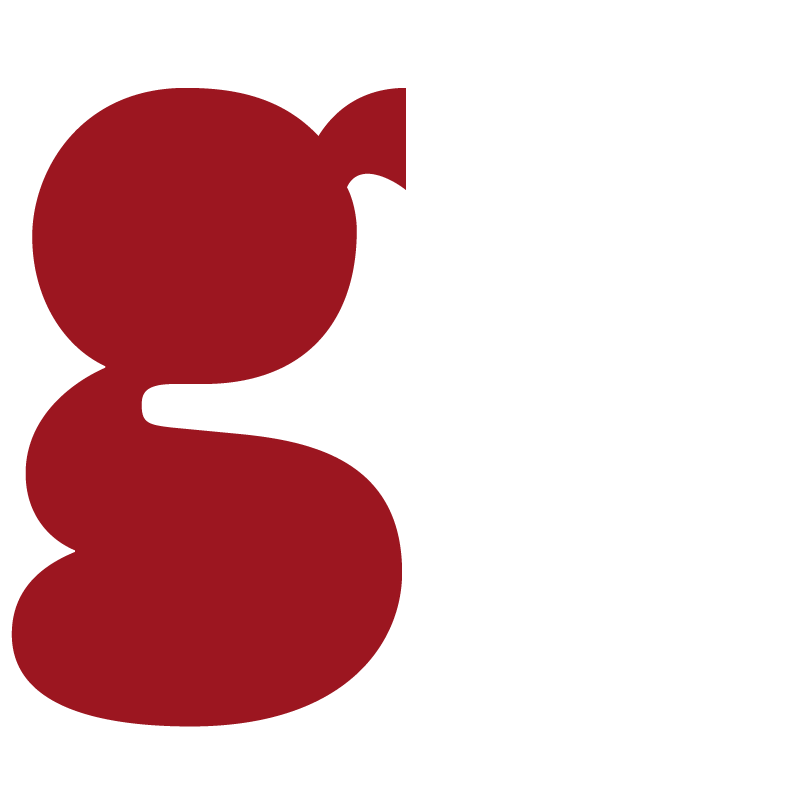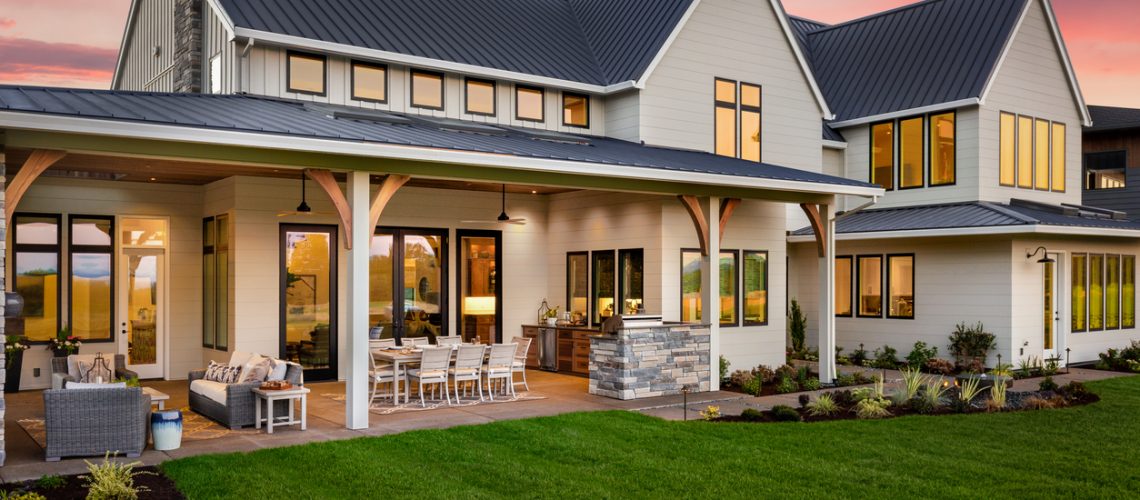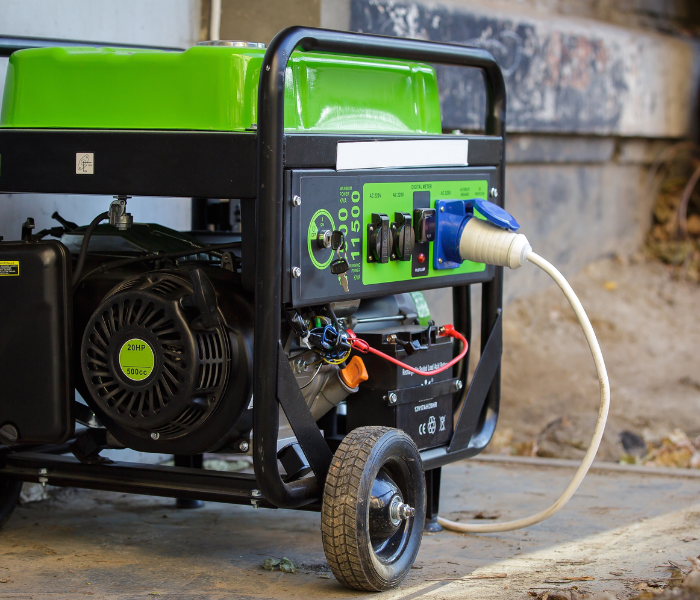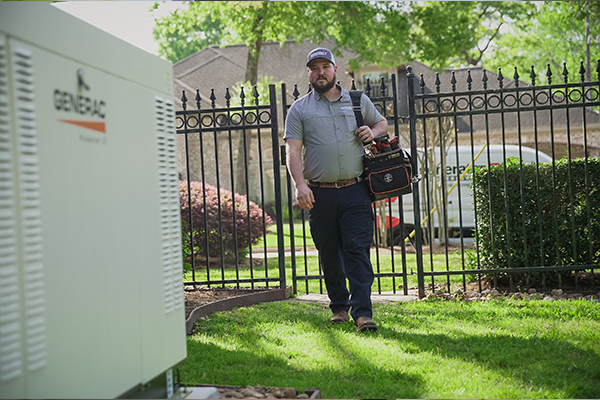Whenever there’s a heavy storm, it brings with it the possibility of a power outage. Many homeowners have purchased a generator from Generator Supercenter of Sarasota to keep their families comfortable during these outages. Some want whole-house generators for robust backup options. Others want smaller generators for just the essentials. In this article, we’ll discuss the types of generators and how to calculate how much power you need so you can pick the generator that best suits your circumstances.
Types of Home Generators
If you want to ensure that your home or business has the power it needs during an outage, you must select the right generator. Understanding how many watts to run a house and what size generator to run a house is the first step to making the best decision. Generators come in a variety of different types, each suited to specific power requirements and applications:
- Portable Generators: These typically run on gasoline, diesel, or propane. They’re ideal for temporary uses, such as camping or power for home essentials during an outage.
- Inverter Generators: These run mostly on gasoline or diesel. They are quiet and efficient, making them suitable for camping, RVs, and any situation where noise is a concern.
- Standby Generators: These are powered by natural gas, propane, or diesel. They have permanently installed generators that automatically provide power during an outage.
- Industrial Generators: These use diesel, natural gas, or heavy fuel oil for power. They provide a high power output for industrial and commercial applications.
- Solar Generators: These rely on sunlight to power them. They are eco-friendly options that convert solar energy to electrical power.
Power Requirements for Generators
Determining your power requirements is when you need to know how many watts to run a house. The size of the generator is typically directly proportional to the total wattage of the appliances and devices you need to power. Essential household appliances such as refrigerators, lighting, and HVAC systems use a lot of wattage. This wattage is typically measured in kilowatts.
If you need a backup generator for your home, you’ll need to calculate the total wattage of the appliances you plan on powering with the generator. This will let you know the minimum power required for the generator to serve its purpose. It’s a good idea to leave yourself some headroom above this amount.
Common Uses for Home Generators
Generators serve a number of purposes beyond simply keeping the power running during an outage. They provide power for outdoor events, construction sites, and more. In addition to the home, they can serve as backup power for businesses. Picking the best home generator for you, therefore, depends a lot on the ways in which you want to use it.
If your budget is large enough and the generator will only be used for backup power, a whole-house generator provides a seamless transition from grid power to generator power when an outage occurs. For more diverse uses, you might prefer a more portable option. Though smaller, those can go camping or to outdoor events with you.
How Big of a Generator Do I Need to Run My House?
We’ve already seen how to calculate the power requirement to keep the appliances you want going during a power outage. Doing those calculations will ensure that you pick a generator that won’t struggle to maintain your requirements.
For a more general idea of what size generator to run a house on, we can give some broad ranges based on the size of the home. A small to medium-sized home can often get by with a generator of around 5,000 to 7,500 watts. Larger homes, or those with higher energy demands, such as air conditioning in hot climates or large electric heaters in cold weather, may require over 10,000 watts.
Power Up Your Home with Generator Supercenter of Sarasota
To learn more about picking the right generator for use in your home, contact us today. Our team of experts can help you find the right generator, install it for you, or perform repairs and maintenance on the generators you already have. They can also answer any questions you may have about owning, operating, or purchasing a generator.





